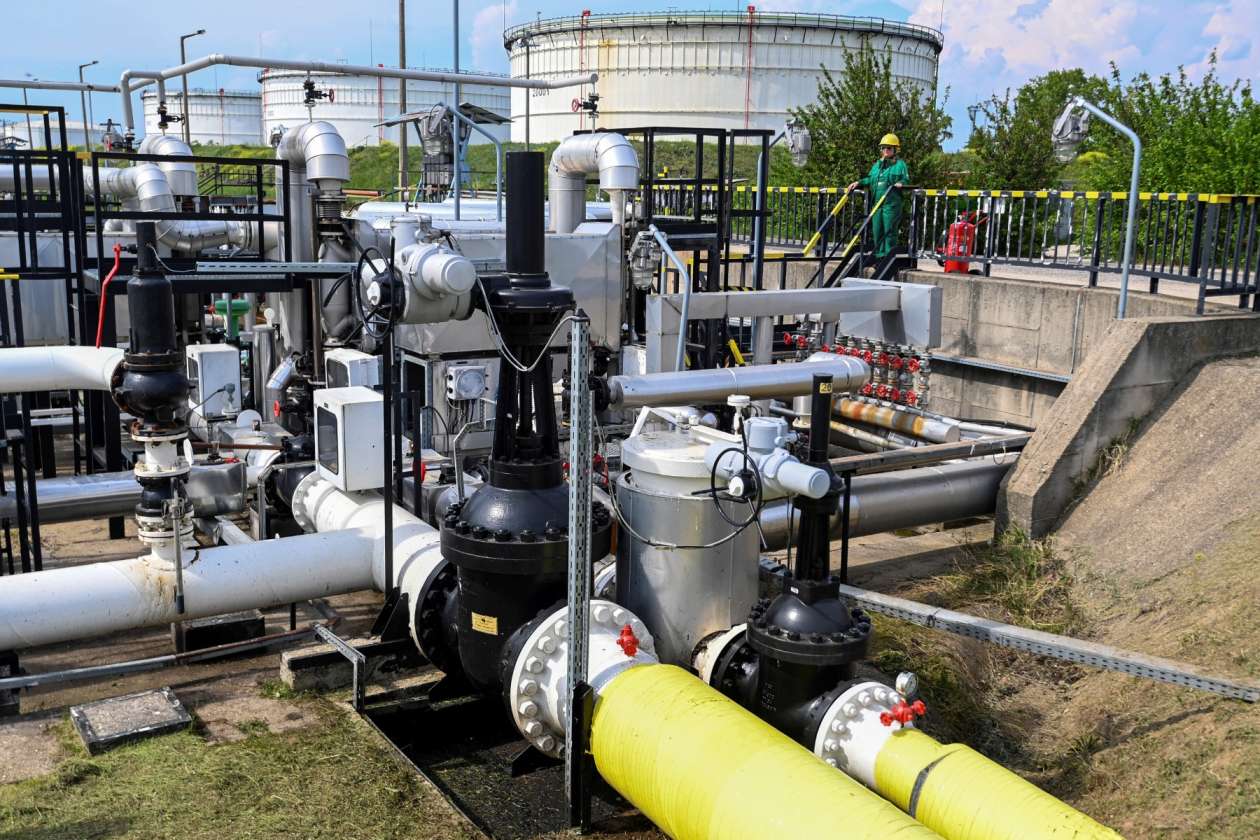Tripoli, Libya — Libya’s state-owned energy firm said on Sunday it had declared a state of “force majeure” at Al-Sharara oilfield after production at the major facility was suspended due to protests.
The National Oil Corporation (NOC) said in a statement it had taken legal action for the southwestern oilfield, which provides a quarter of the country’s daily oil output, “due to the closure of the site by protesters”.
Declaring “force majeure” allows parties to free themselves from contractual obligations when factors such as fighting or natural disasters make meeting them impossible.
The NOC did not elaborate on the protesters’ demands but said “negotiations are ongoing to resume production as soon as possible”.
“The closure has resulted in the suspension of crude oil supplies from the field to Zawiya terminal,” the oil company said.
Libya sits on Africa’s largest oil reserves but production has been frequently disrupted during over a decade of chaos since a NATO-backed uprising led to the ouster and killing of former dictator Moamer Kadhafi in 2011.
Oil revenues are vital to the economy, and the NOC is one of the few institutions in the troubled country to have stayed in one piece.
The Al-Sharara field, in the desert 900 kilometres (560 miles) south of Tripoli, is operated by a joint venture between the NOC and four European companies.
The interruptions in crude production have been caused by social and political protests amid clashes between rival factions.
The blockages have resulted in hundreds of billions of dollars in lost revenue, according to the Central Bank of Libya.








